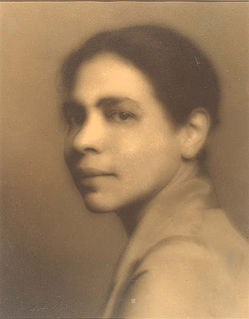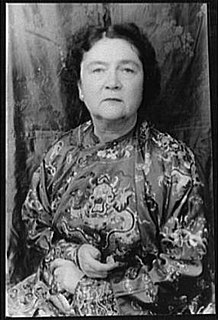A Quote by Nella Larsen
Authors do not supply imaginations, they expect their readers to have their own, and to use it
Related Quotes
I feel that historical novelists owe it to our readers to try to be as historically accurate as we can with the known facts. Obviously, we have to fill in the blanks. And then in the final analysis, we're drawing upon our own imaginations. But I think that readers need to be able to trust an author.
Teachers and librarians can be the most effective advocates for diversifying children's and young adult books. When I speak to publishers, they're going to expect me to say that I would love to see more books by Native American authors and African-American authors and Arab-American authors. But when a teacher or librarian says this to publishers, it can have a profound effect.






































